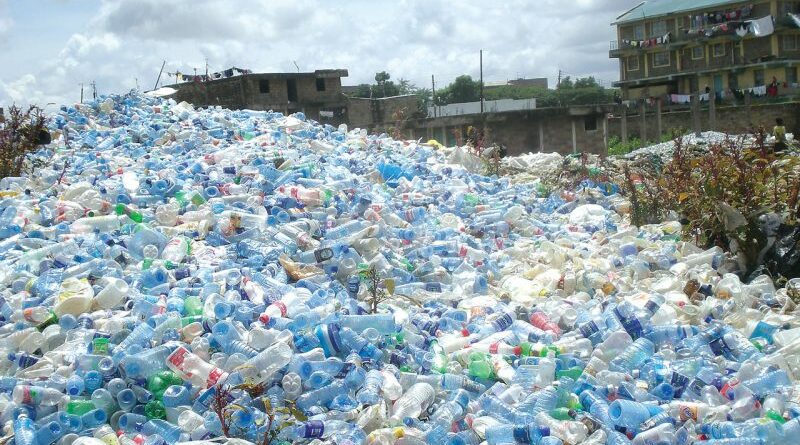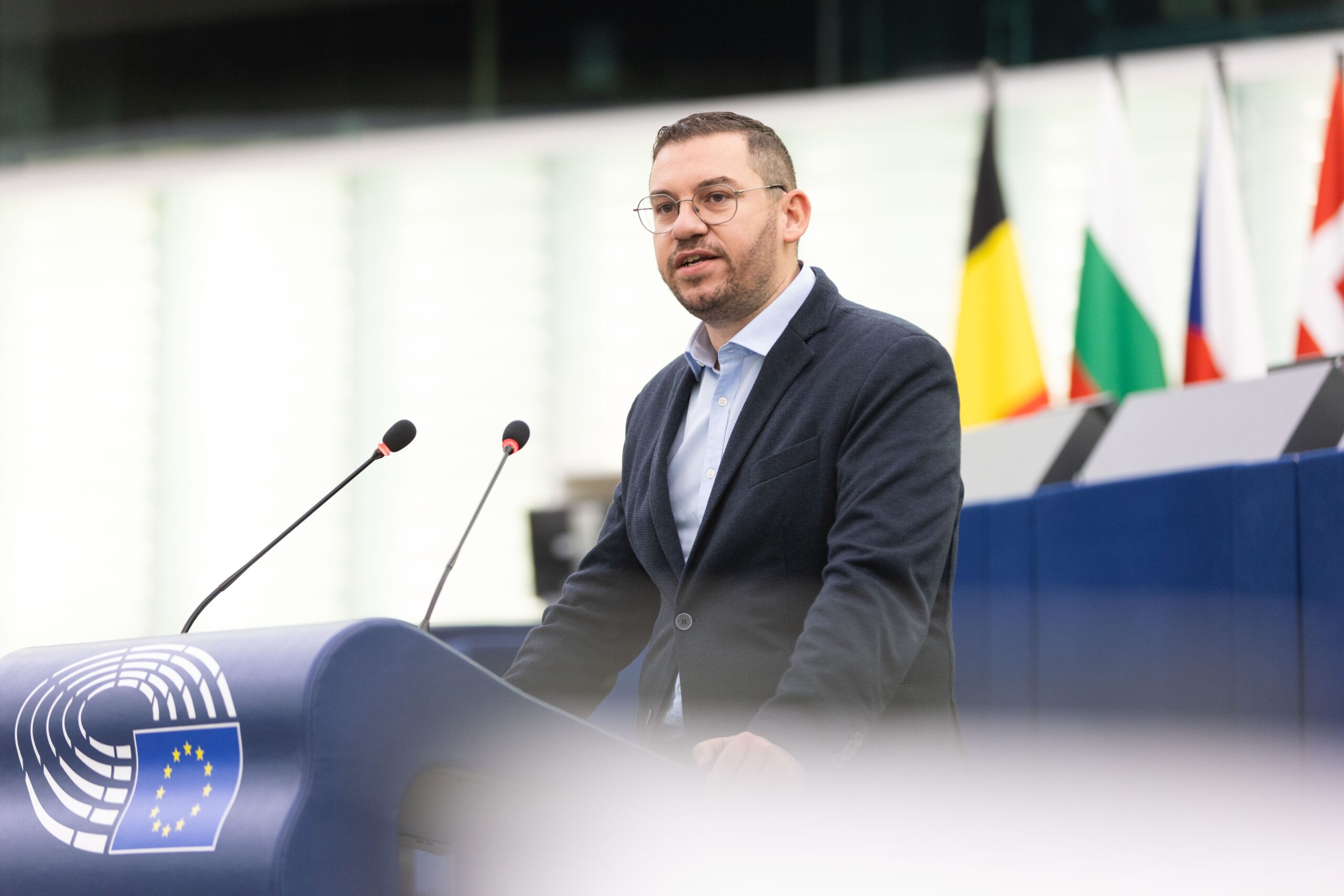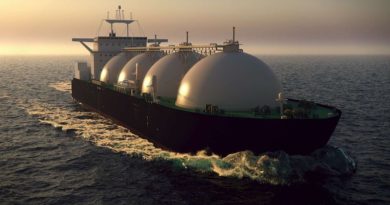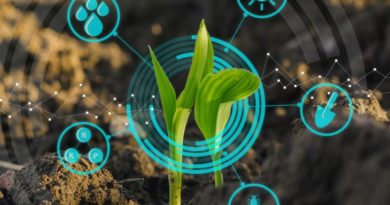
Ethics, Economics and the Environment: The case for phasing out plastic waste exportation
In 2018, the Chinese Government chose to ban the importation of Plastic after it found that the situation of importation into the country was becoming untenable and creating severe detrimental effects for the environment. In a nutshell, China declared that it refused to continue to be the world’s “dumping ground” after it was found that most of the plastic being sent to the country was contaminated and difficult to recycle. China’s message back then was clear – enough was enough.
However, this decision left exporting countries, especially those in the European Union, scrambling to find new destinations to export their waste to. This prompted OECD country Turkey to take over as Europe’s main dumping ground for plastic waste. The situation became catastrophic with Turkey receiving around half of Europe’s plastic in both 2020 and 2021. To put this in more concrete figures, before the Chinese Ban, Turkey imported 261,864 tonnes of plastic waste annually into the country. After the Chinese introduced their importation ban, annual imports increased to 772,831 tonnes by 2020.
Investigations into the environmental, social and human rights implications of such high volumes of shipments have shown that the vast majority of all waste ended up in landfills in lowest income areas of the country; burnt in incinerators; and as litter in the countryside or in illegal dumping sites.
Studies conducted into the matter found that roughly 90% of municipal solid waste produced in Turkey also ends up in landfills, leaving a very difficult situation for the country in terms of waste dumping and waste treatment. This situation becomes even more concerning when one considers that research shows that such plastic waste mismanagement is resulting in high levels of plastic leakage into the Mediterranean Sea, with Turkey estimating to contribute around 16.8% of all European marine plastic pollution. This is the highest share of all countries contributing to the challenge.
Further to this, human rights NGOs have found that workers and people living in the surrounding areas of plastic waste plants, face severe health problems and that child labour was present in many of the dumping sites.
It is clear that this situation is not tenable and the fact that this has been allowed to happen is grave and an unethical stain on Europe’s trade and environmental history.
This month in the European Parliament, we are also expected to say enough is enough. In the coming weeks, together with the rest of the negotiation team on the EU’s Waste Shipment Regulation we will be proposing that the European Union phase out the exportation of plastic waste to non-EU and EFTA countries – a bold decision which will be our environmental legacy.
But as we all know too well, with great environmental ambition comes the heightened need to ensure that measures for mitigation of negative economic effects are in place. And the phase out of plastic exportation from the European Union is no different. The phase out will disrupt the system currently in place, so it is clear: the system must change.
But while protectionists will always argue that this will be the end of us, I argue that it is just the beginning. I am a firm believer that everything we know about plastic is wrong. In the sense that since its invention at the start of the 1900s, our approach to plastic has been wrong. We have always viewed plastic as something disposable, and temporary. Today we know how wrong we were, and we have tried in multiple ways to rectify this- most notably with the EU ban on single use plastics. But these high ambition measures cannot be done within a vacuum, and must be part of a broader approach which seeks to recognise plastic as the resource that it is, and seeks to insist on better more concrete measures towards a more circular economy.
With a plastic export phase out, will come an increase of plastic in the European market: and thus, an increase of plastic within our shores that should be seen as a resource. We need to shift away from the utilisation of virgin plastics and we need to move towards a closed loop system which utilises the best available techniques and factors in content targets.
It is only by implementing such a holistic system, that we could truly start to see effective and clear change in a system which needs to be disrupted.
Over the years, because of a lack of circularity within our resource production, with a use and dispose attitude, we have found ourselves in a situation where we are creating great harm to developing countries, and ultimately to our planet. These practices will eventually hurt us all, but currently those suffering the most on the frontlines of this challenge are third countries, and poor regions.
We have been exporting our challenges and dumping them on some of the most vulnerable people in the world and it is time that this ends; for the benefit of third countries, for the benefit of our economies which thrive from more resources and for the benefit of our planet, where dire action is desperately needed.




